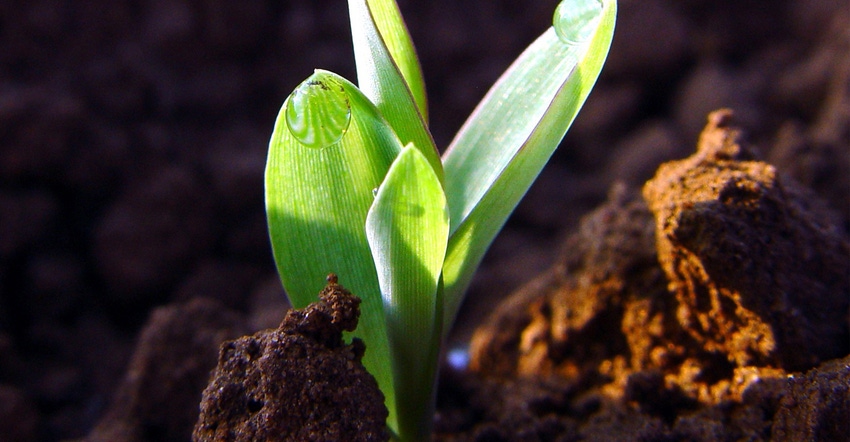March 15, 2021

My longtime readers know I love writing about sustainability. It doesn’t matter where you fall on the political spectrum or how you feel about climate science. If you farm or support U.S. farmers, you benefit from sustainability. In fact, your very livelihood depends upon it, given productive crops require a clean environment year after year — and always will.
The subject creates opportunities for U.S. agriculture to build bridges and cultivate relationships with consumers and folks in the environmental community alike. That’s why I get so excited when sustainability comes up.
Climate discussion
Given my affinity for the subject, I was incredulous when I looked in the archive and discovered I haven’t written anything about it since last summer. Think about everything that’s transpired since then. We had a second peak in COVID-19 cases — and a third. We elected a new president. We had a change in Senate leadership. These latter two dramatically altered the trajectory of the sustainability discussion. Namely, they supercharged the debate both within the federal government and in private industry.
So where’s the sustainability discussion headed? That’s a great question — and one I really wish I could answer. The fact is, farmers, their partners in industry, consumers, the environmental community and myriad government stakeholders are a long way from agreeing on exactly what’s needed in the climate science space.
Fortunately for sorghum farmers, the crop is at home in almost every discussion. Sorghum uses less water than comparable crops, waits longer for rain, tolerates heat better and has a root system that scavenges for nutrients and sequesters carbon more effectively.
Sorghum a natural fit
As you begin to think about where your farm fits in the sustainability puzzle and how sorghum could help improve your sustainability footprint, I encourage you to keep a couple things in mind.
First, remember the geographical component underlying each of these conversations. Different regions have different needs, and what works in one area may not work in another. For example, cover crops are less effective in many parts of the Sorghum Belt. So, if you farm in one of these areas, reducing tillage or inserting a high-residue crop like sorghum into your rotation more frequently might be the most sustainable practice at your disposal. In other words, you aren’t out of luck if you can’t adopt a headline-grabbing practice like cover cropping.
Second, consider sorghum to break up pest and disease cycles, add residue and even conserve water. Sure, the cotton market outlook has been much better over the last few months than it’s been over the last few years, but sorghum prices have increased just as much if not more, given red-hot international demand.
So, if you’re in an area prone to continuous cotton production, keep us in mind. Sorghum adds some residue, sequesters a little bit of carbon and even helps manage irrigation supply more efficiently. Similarly, if you farm in an area where just one or two crops dominate the landscape, sorghum can offer a chemistry change-up. What could be more sustainable than that?
Sustainability means something different to every farm, and there won’t be a single size that fits everyone in this discussion. However, a common thread is sorghum has a place almost anywhere — from a cotton patch in West Texas, to a wheat field in central Kansas, to a soybean farm in the heart of the Mississippi Delta.
Sorghum helps conserve resources, sequesters carbon and offers profit opportunities unmatched among sustainability solutions, given today’s international demand environment. As #plant21 gets underway or rolls on depending on your farm location, keep sorghum top of mind.
Duff is executive vice president for National Sorghum Producers. He can be reached at [email protected] or on Twitter @sorghumduff.
About the Author(s)
You May Also Like






